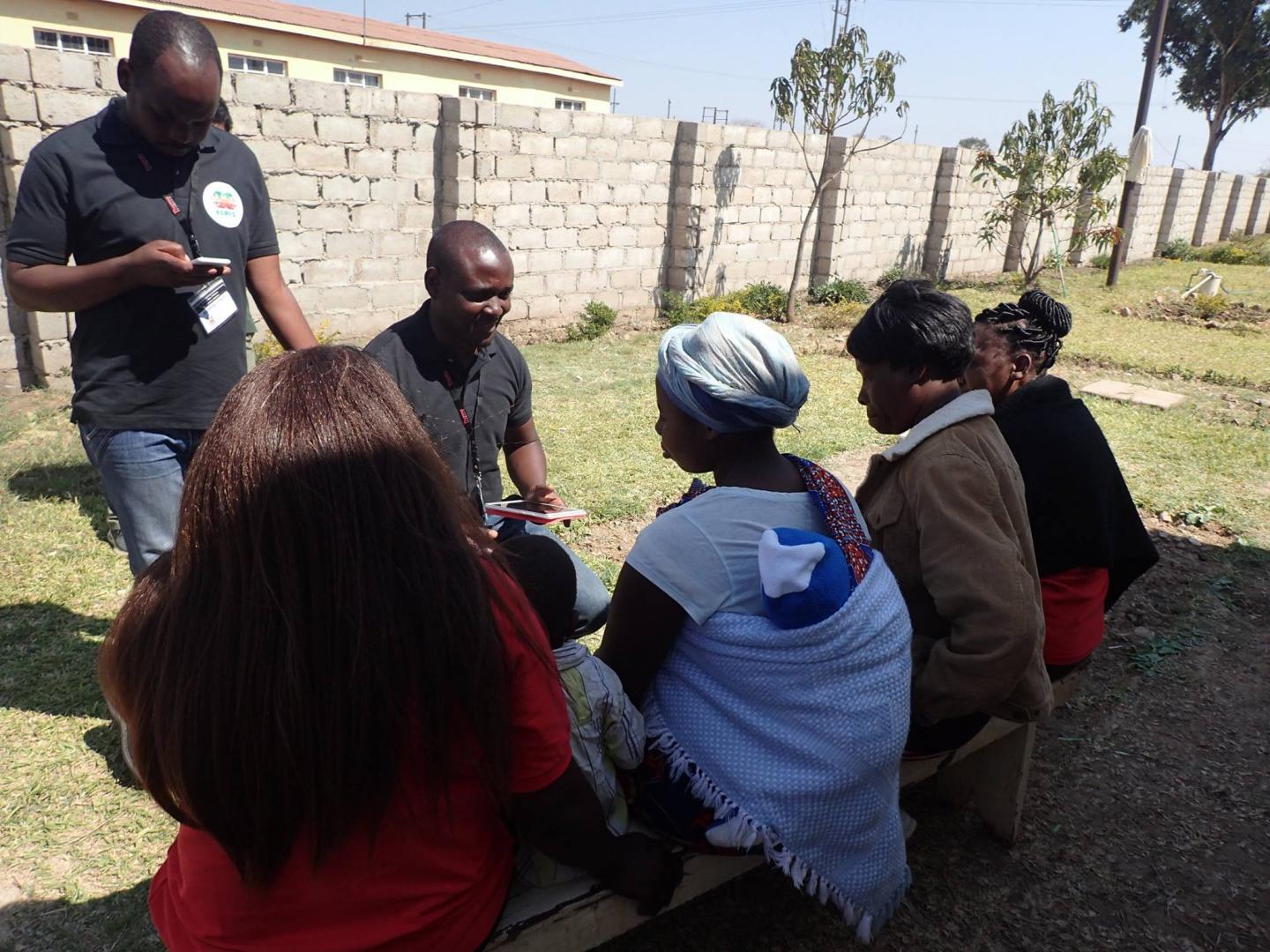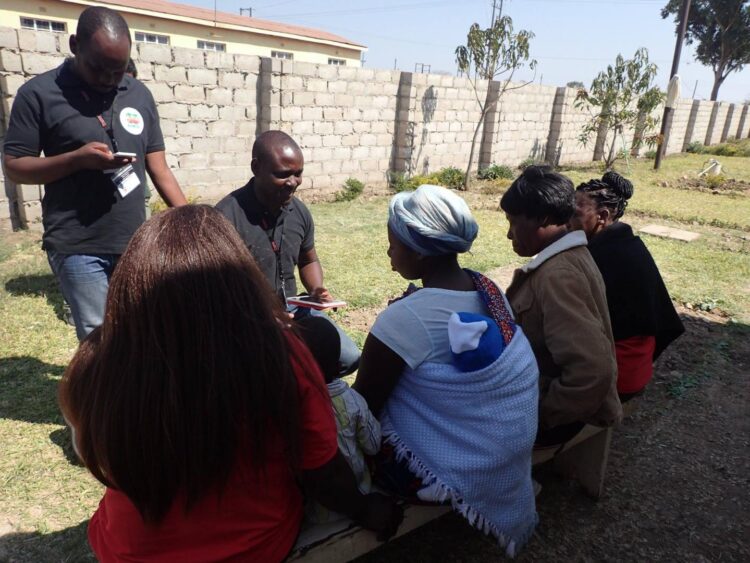
Credit: Hokuto Nakata
Japanese and Zambian scientists have shown that environmental lead poisoning in children affects not only their own health and wellbeing, but the vitality and mental health of their mothers, as well.
Lead poisoning is a common pediatric problem caused by the environment, and is easily preventable. Due to their smaller size and mass, infants and children are at a higher risk of negative effects compared to adults. Chronic lead poisoning leads to fatigue, sleeping problems, headaches, stupor, and anemia. The population of Kabwe, Zambia, is exposed to extremely high levels of lead. This is a direct result of the Broken Hill mine, which operated until 1994, contaminating the surrounding area; a large number of citizens in Kabwe make a living working the mine tailings, further exposing themselves to heavy metal poisoning.
Recently, a team of scientists from Japan and Zambia, including Hokkaido University’s Professor Harukazu Tohyama and Dr. Hokuto Nakata, have established a significant negative correlation between chronic lead poisoning in children and health-related quality of life of their mothers. Their findings were published in the journal Chemosphere.
The health-related quality of life (HRQoL) comprehensively assesses the health and well-being of an individual. Children’s health and well-being strongly influences the HRQoL of their mothers, with both positive and negative outcomes having been documented. The effects of chronic lead poisoning of children on maternal HRQoL were assumed to be negative; however, it had not been investigated and the exact extent of the interrelation was unknown.
The study was carried out on 40 randomly selected areas in Kabwe, with 25 households tested in each area. The scientists combined data from tests on blood samples, a health survey (SF-36) and an economic survey (KHSS 2017), and carried out statistical analyses to find significant relationships between these three factors.
The scientists demonstrated significant negative associations between the blood lead levels (BLLs) of the children in Kabwe and the HRQoL scores of their mothers, irrespective of the blood lead levels in the mothers. Mental health and vitality were particularly impacted. Previous studies reported that lead exposure may cause behavioral problems in children, which could be the cause of the adverse effects on the vitality of their mothers that was found in this study. Socio-economic factors and maternal age did affect the HRQoL scores, but only in some areas, unlike children’s BLLs. In addition, the BLLs of children were significantly higher than that of their parents.
The biggest limitation of the study was that not all of the 1000 selected households were able to provide data for all parameters examined; in fact, just 404 households provided data of sufficient quality to be analysed. Future work must focus on examining the relations between HRQoL scores, household incomes, and BLLs at a larger scale.
“Urgent medical intervention for the children with high BLL combined in parallel with environmental remediation in Kabwe would not just improve the health status of children in Kabwe, but could also improve the HRQoL of mothers,” says Hokuto Nakata.
###
Media Contact
Sohail Keegan Pinto
[email protected]
Original Source
https:/
Related Journal Article
http://dx.





